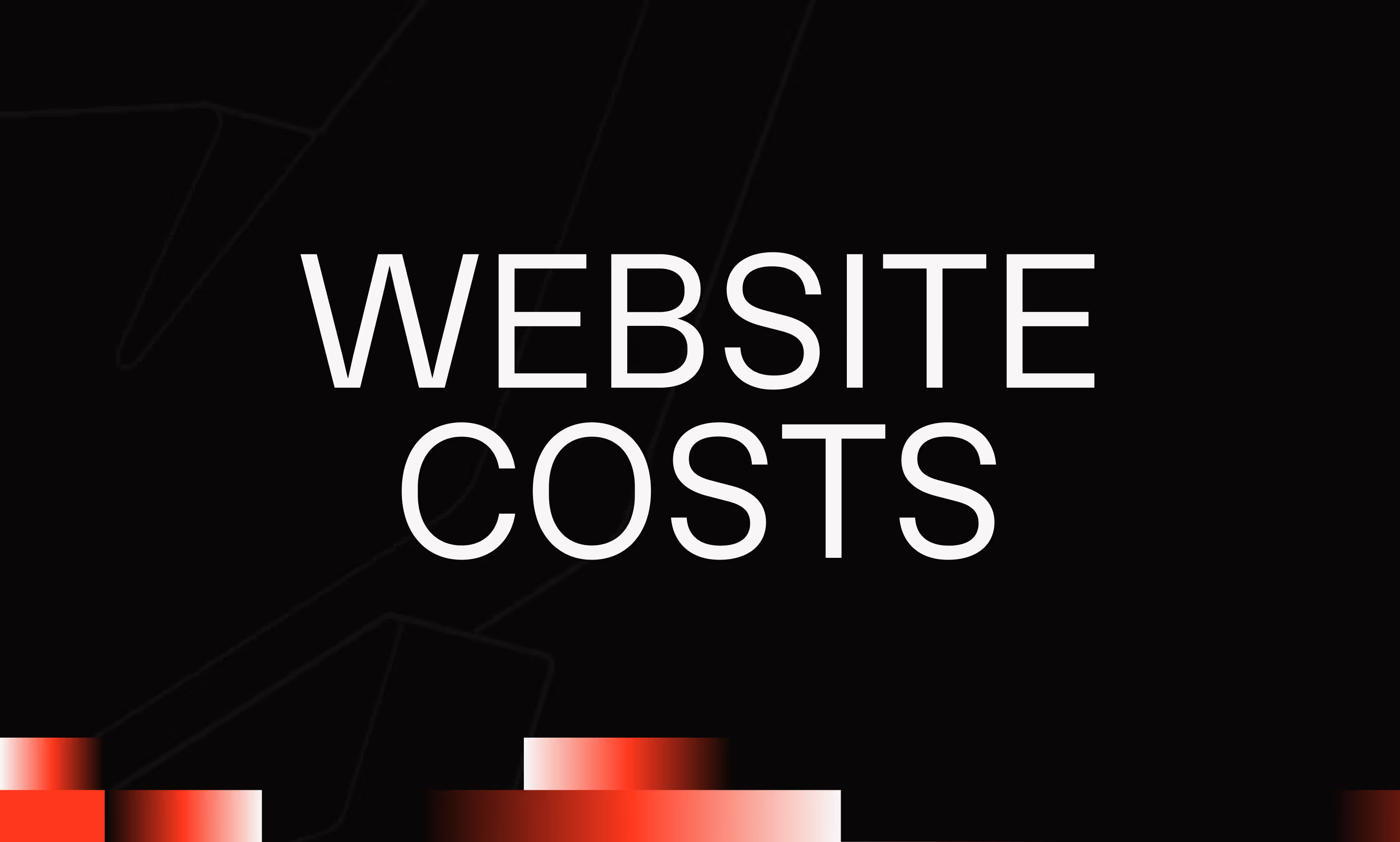Audit Panel
Ask the AI to summarize the term
What is a Webflow Audit Panel?
A Webflow Audit Panel is a device, often in the form of an interface or software tool, which makes it possible to carry out a complete diagnosis of the accessibility of a website created with Webflow. Its role is to examine each component of the site in order to identify the technical and ergonomic barriers that limit access to content for users, in particular those with visual, auditory, motor or cognitive disabilities. The audit relies on international standards such as the WCAG (Web Content Accessibility Guidelines) to assess compliance.
Why conduct an accessibility audit with an Audit Panel?
The main objective of an Audit Panel dedicated to Webflow is to ensure that the website meets digital accessibility standards, thus improving the experience for all users. This audit allows you to:
- Detect problem elements such as insufficient contrasts, navigation that is not keyboard compatible, or the absence of text alternatives for images.
- Prioritize corrections based on the impacts on the user experience.
- Guarantee compatibility with assistive technologies (screen readers, voice browsers).
- Comply with legal obligations in terms of digital accessibility, thus avoiding sanctions or exclusions.
How does an Audit Panel for Webflow work?
The Audit Panel tool or interface interfaces with the Webflow site to automatically analyze many aspects:
- HTML tags and their attributes (titles, labels, ARIA roles).
- The semantic structuring of content (titles, paragraphs, lists).
- The contrasts between the text and the background.
- Keyboard access and navigation logic.
- The presence of text alternatives for images and media.
- Compliance with best practices on forms and interactions.
The results are generally presented in the form of detailed reports, with practical recommendations and sometimes with a prioritization of the severity of the problems detected.
Specific benefits of the Audit Panel in the Webflow ecosystem
Since Webflow is a no-code platform that is widely used to design websites visually, a dedicated Audit Panel adapts to its specific structure, offering benefits such as:
- Direct integration with the design and structure of the Webflow site.
- Precise suggestions applicable in the Webflow interface, facilitating correction without the need for complex code.
- A considerable time saver for web designers, developers and project managers who want to optimize accessibility.
- Enables quick and agile iteration on detected problems.
Conclusion: why choose an Audit Panel for your Webflow site?
Using an Audit Panel to diagnose the accessibility of a Webflow site is an essential step in delivering an inclusive web experience that complies with regulatory requirements and respects all users. This tool helps creators to become aware of and resolve accessibility difficulties, while simplifying adjustments through seamless integration with the Webflow platform. In short, it is an essential ally in creating a fairer, more accessible and efficient web.


